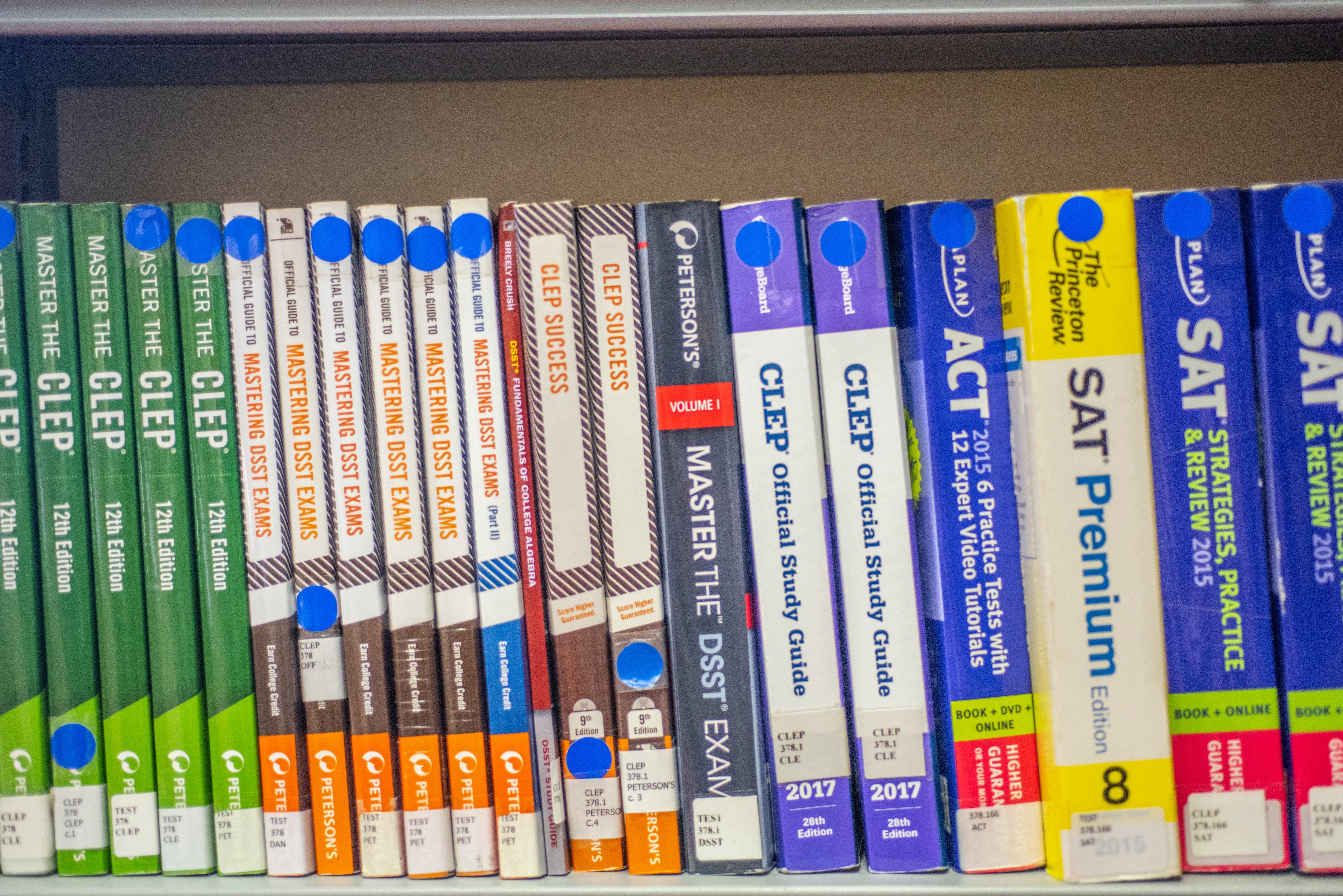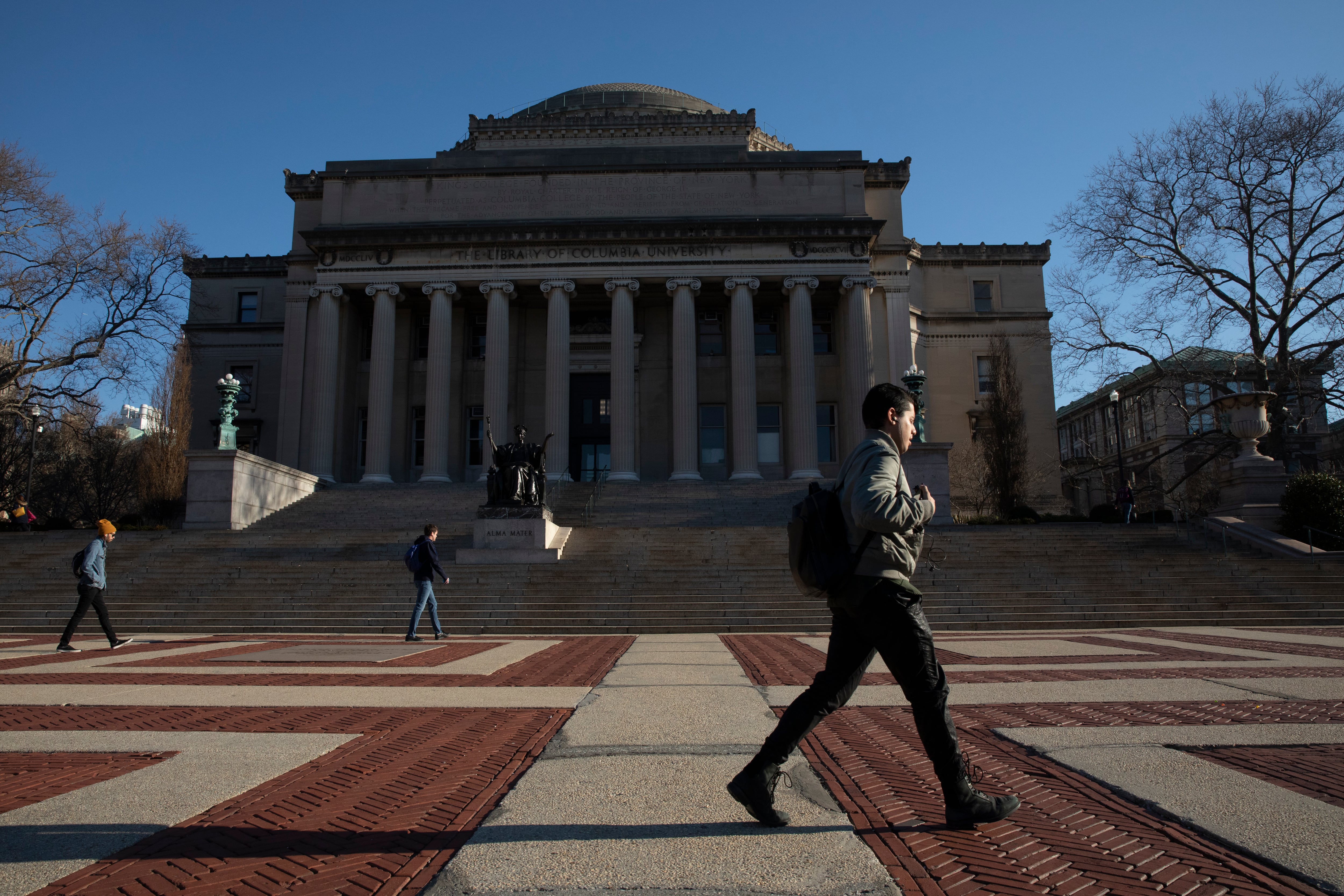Attorneys behind a lawsuit which could open up an extra year of GI Bill education benefits to hundreds of thousands of veterans this week asked an appeals court to fast-track their case because of the potential windfall it could bring to families facing financial problems related to the coronavirus outbreak.
“(This appeal) will dictate whether at least one million post-9/11 veterans have access to billions of dollars in additional critical subsistence and educational benefits during these uncertain times and beyond,” attorneys wrote in the legal filing with the U.S. Court of Appeals for the Federal Circuit.
Last fall, a lower appeals court ruled that the Department of Veterans Affairs’ practice of requiring veterans to give up their Montgomery GI Bill eligibility to receive Post-9/11 GI Bill payouts was improper.
RELATED

In the past, federal officials argued that the requirement is designed to make sure veterans aren’t doubling up on their government benefits for personal profit. But the court rejected that reasoning, saying that instead veterans eligible for both programs should receive each set of payouts, just not simultaneously.
That means that veterans who use up their 36 months of Post-9/11 GI Bill education benefits would still have access to 12 months of Montgomery GI Bill benefits if they paid into the program while they were serving. Under existing federal statute, any government higher education payouts are capped at 48 months.
Department of Veterans Affairs officials appealed that ruling earlier this year. The legal process can take months or years, depending on various motions filed and court workload issues.
But Hunton Andrews Kurth Associate Tim McHugh, an Army veteran who is leading the legal fight against VA, argued that federal court officials need to expedite this case not only because of its broad impact, but also because of the current pandemic overtaking the globe.
The plaintiffs want a decision by this August, to allow veterans to use their education benefit for the fall semester.
“The subsistence and educational benefits restored under (this case) would throw a lifeline to numerous eligible veterans and their families — exactly as Congress intended,” the motion stated.
RELATED

Under current rules, the Post-9/11 GI Bill provides 36 months of tuition assistance and living stipends to veterans (or their family members) who served at least three years on active-duty after Sept. 10, 2001. The total value of those payouts can top $20,000 a year, depending on where individuals attend school.
That benefit has largely replaced the Montgomery GI Bill as veterans’ primary education benefit. That program requires servicemembers to pay $1,200 in their first year after enlisting to be eligible for the program.
Individuals who did so could receive education payouts of nearly $2,000 a month last semester.
VA officials are expected to file their own motion in coming days, opposing a quicker court schedule.
Leo covers Congress, Veterans Affairs and the White House for Military Times. He has covered Washington, D.C. since 2004, focusing on military personnel and veterans policies. His work has earned numerous honors, including a 2009 Polk award, a 2010 National Headliner Award, the IAVA Leadership in Journalism award and the VFW News Media award.
